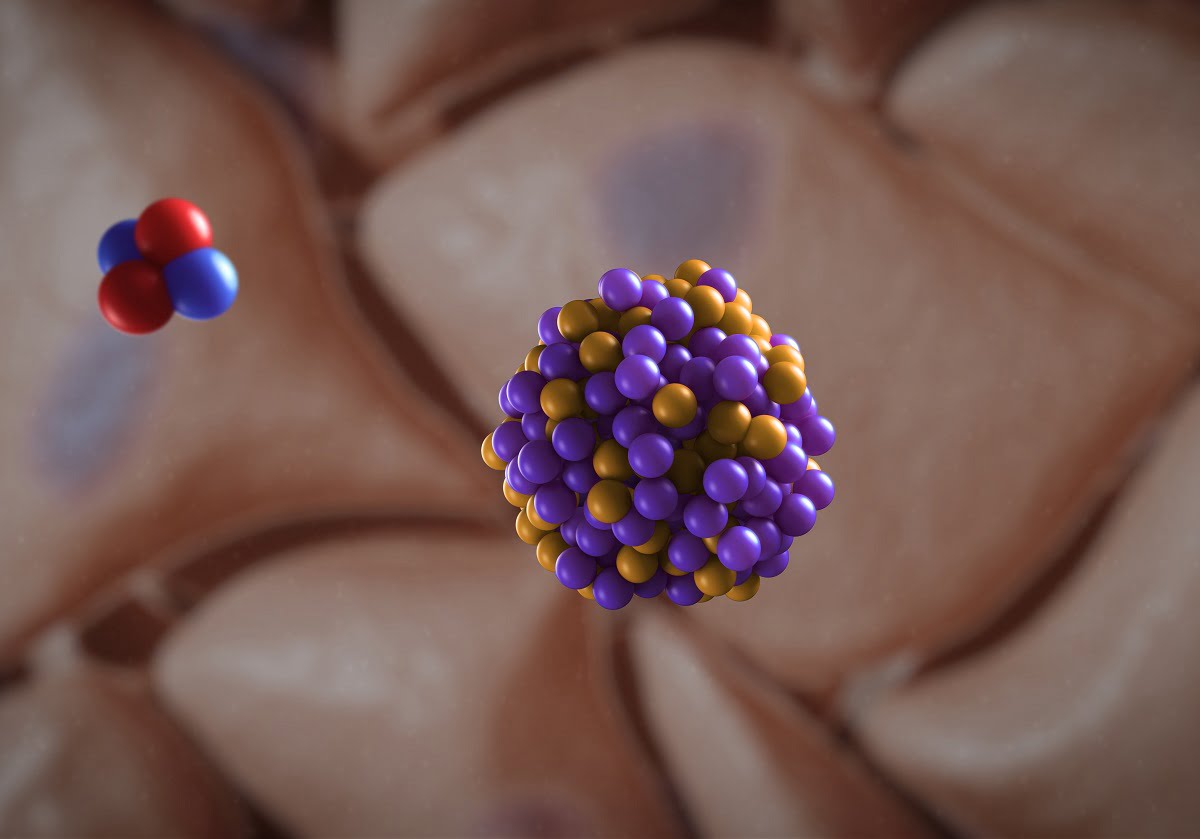Alpha Tau Medical, an Israeli medical technology company that developed breakthrough radiation cancer therapy, announced this month that it had entered into an agreement with special purpose acquisition company Healthcare Capital Corp (HCC) to go public on the Nasdaq, at an approximate valuation of USD 1 billion.
The transaction is expected to provide up to USD 275 million from the trust account of Healthcare Capital Corp., along with another USD 92 million private investment in public equity from a combination of investors, including Yozma Investment Co., Grand Decade Developments, OurCrowd, Regah Ventures and the co-founders of Apax Partners, Alan Patricof and Ronald Cohen. With over USD 360 million expected on the balance sheet, Alpha Tau indicated that it will look to augment its clinical strategy, pursue FDA marketing authorization, expand manufacturing, and conduct further research and development.
Despite its expansion plans, the company will largely stay the same. Alpha Tau’s current management team will remain in their roles, and all current shareholders will retain 100% of their equity holdings, the company said in the announcement.
Alpha Tau Medical was founded in 2016 to focus on R&D and commercialization of its breakthrough cancer treatment, Alpha DaRT (Dіffusіng Alpha-emіtters Radіatіon Therapy). The technology was initially developed in 2003 by Professors Itzhak Kelson and Yona Keisari at Tel Aviv University (TAU) and uses decaying Radium-224 atoms, which disperse alpha radiation into solid tumors, killing cancer cells and sparing healthy tissue.
Last month, Alpha Tau was granted Breakthrough Device Designation by the FDA for its Alpha DaRT technology.
The company has ongoing clinical trials in multiple clinical oncology indications, including its first US multi-center trial led by the Memorial Sloan Kettering Cancer Center in New York, which recently enrolled its first patient, a pancreatic cancer trial at CHUM (Centre Hospitalier de l’Université de Montréal) in Montreal, and trials at three academic institutions in Japan.
In late 2019, the company announced that the initial results of a preclinical trial had proved promising. The study of Alpha DaRT treatment of Squamous Cell Carcinoma of the skin, head, and neck, in which almost 80% of the lesions showed a complete response, and 100% demonstrated a partial or complete response, alongside a mild safety profile, the company said.
“Following the recent enrollment of the first patient in our flagship US feasibility study and receipt of FDA Breakthrough Device Designation, this transaction represents another significant milestone on Alpha Tau’s journey to transform the treatment of solid tumors through the precision delivery of alpha radiation. We are grateful to the outstanding team at HCC, whose cadre of experienced and well-regarded professionals have provided superb execution and continued support for Alpha Tau,” said Uzi Sofer, CEO and chairman of Alpha Tau.
The transaction is set to be completed later this year, upon which Alpha Tau will list on the Nasdaq.
“This transaction ensures that we are well capitalized to accelerate our ambitious plans across multiple fronts,” said Raphi Levy, CFO of Alpha Tau. “We look forward to delivering continued clinical momentum and hope for patients as we evolve into a public company.”
“We are excited about Alpha Tau’s unique therapy, which has generated a response observed across a wide array of solid tumors in pre-clinical studies, with minimal side effects, positioning it to potentially become a vital weapon in the battle against cancer,” said Dr. David M. Milch, HCC chairman. “After evaluating many opportunities in the healthcare industry, we believe that Alpha Tau stands out as the best choice for a business combination due to its proprietary technology, rapid clinical and product development, and easy to administer treatment solutions for a significant number of cancer patients worldwide.”
As part of the agreement, Dr. Milch will join Alpha Tau Medical’s board of directors.
Read this: Indonesian biotech startups introduce saliva-based COVID-19 test kits as infections soar
